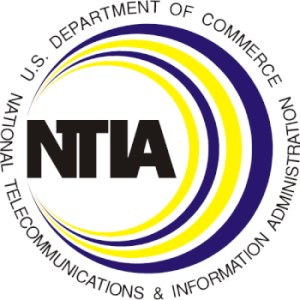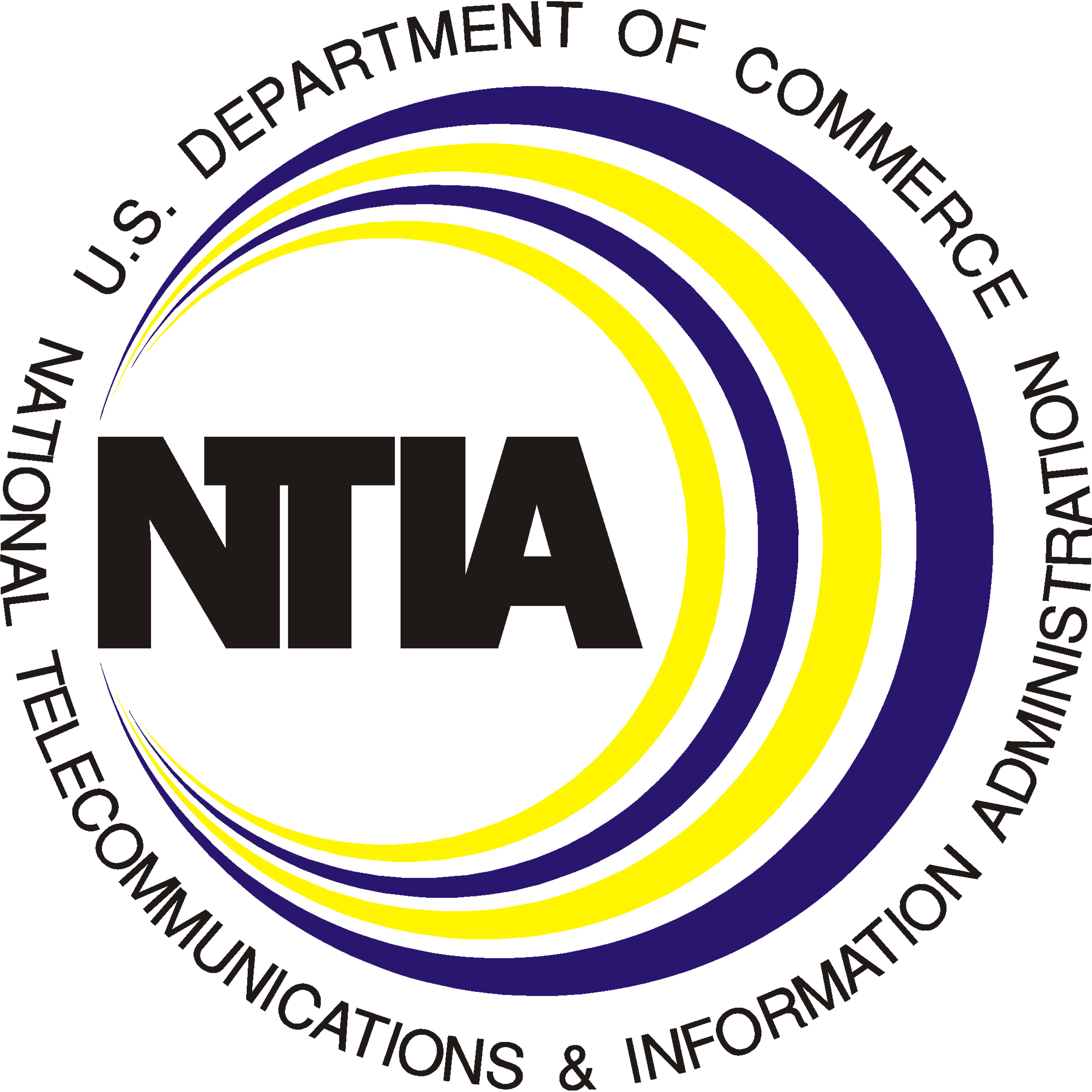The Federal Communications Commission (FCC) has proposed new cybersecurity regulations to address vulnerabilities in telecommunications networks, a move prompted by the Salt Typhoon hacking campaign. The attack, attributed to a Chinese cyberespionage group, exploited weaknesses in U.S. telecom systems, exposing networks to unauthorized access. As the FCC works to bolster national security, broadband Internet Service Providers (ISPs) are at the forefront of these changes, facing increased regulatory pressure and operational challenges.
“This level of regulatory oversight represents a seismic shift for ISPs, particularly those with limited resources,” said James Lewis, a cybersecurity expert at the Center for Strategic and International Studies (CSIS). “But the risks of inaction are far greater.”
What the New FCC Proposals Entail
The FCC’s cybersecurity proposals include two primary measures:
- Immediate Network Security Enhancements: ISPs will be required to fortify systems that house sensitive data, such as law enforcement wiretap requests, to prevent unauthorized access.
- Annual Cybersecurity Attestations: Providers must certify their adherence to best practices in cybersecurity through annual submissions to the FCC, ensuring continued vigilance and compliance.
The proposals aim to close security gaps exposed by the Salt Typhoon attack. The attack continues to pose threats, as forensic investigations reveal the group remains embedded in some systems.
“We cannot afford to delay action,” said FCC Chairwoman Jessica Rosenworcel in a statement. “These measures are essential to protecting not only the integrity of our networks but also the security of our nation.”
Challenges for ISPs
The FCC’s proposals present significant challenges for broadband ISPs, particularly smaller providers. The costs associated with upgrading infrastructure, training personnel, and implementing monitoring systems could strain limited budgets. Rural ISPs, which often operate on slim margins, may find it difficult to comply. Many of these providers are already under pressure to expand services to underserved areas under federal initiatives like the Broadband Equity, Access, and Deployment (BEAD) program. “The proposed measures are necessary, but we urge the FCC to consider the financial realities of smaller providers,” said a spokesperson for the Wireless Association (CTIA). “Flexibility in timelines and access to funding will be critical.”
Broader Implications for the Industry
The FCC’s focus on cybersecurity is part of a more significant shift in telecommunications policy. The Biden administration has prioritized infrastructure security in its executive orders, emphasizing the importance of protecting critical systems from adversaries. ISPs will also need to address supply chain vulnerabilities. The Salt Typhoon campaign highlighted risks associated with foreign-made hardware and software, leading to calls for stricter vendor scrutiny.
“Cybersecurity is now a fundamental component of national security,” Lewis added. “Providers must recognize that compliance isn’t just a regulatory burden—it’s a vital investment in their resilience.”
While the new measures pose challenges, they also present opportunities for ISPs to strengthen their competitive positioning. Providers that proactively implement advanced security measures can:
- Build customer trust by safeguarding sensitive data.
- Qualify for enterprise contracts and government partnerships that require stringent security protocols.
- Demonstrate leadership in a market increasingly focused on digital resilience.
Additionally, federal funding through programs like BEAD could potentially help offset compliance costs, particularly for providers serving high-need areas.
Customer Impact
Customers may see minor price increases as ISPs pass on compliance costs, but they will also likely benefit from improved network reliability and security. Enhanced protections against cyber threats mean reduced downtime and greater confidence in the safety of their personal information. The FCC’s proposals will be voted on in the coming weeks. If approved, they will likely go into effect immediately, leaving ISPs little time to adapt. The agency has emphasized its commitment to working with stakeholders to ensure a smooth implementation process, particularly for smaller providers.
“The cost of compliance is steep, but the cost of inaction is far steeper,” Rosenworcel stated. “The security of our networks is not negotiable—it’s a matter of national security.”
As broadband ISPs prepare for a new era of regulatory oversight, the stakes have never been higher. While the path forward is fraught with challenges, the FCC’s proposals represent a critical step toward safeguarding the nation’s telecommunications infrastructure from ever-evolving cyber threats.









